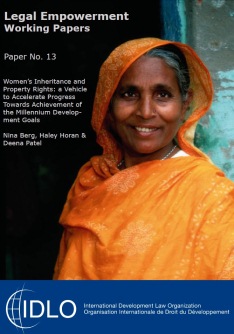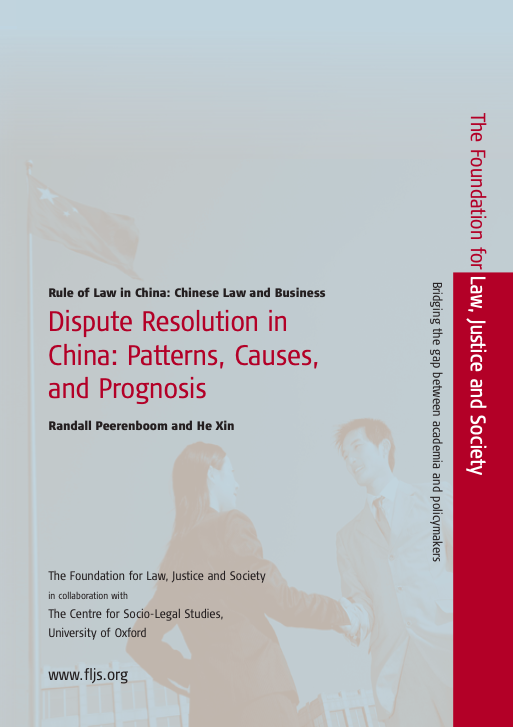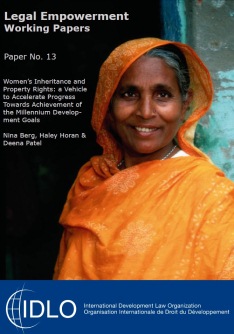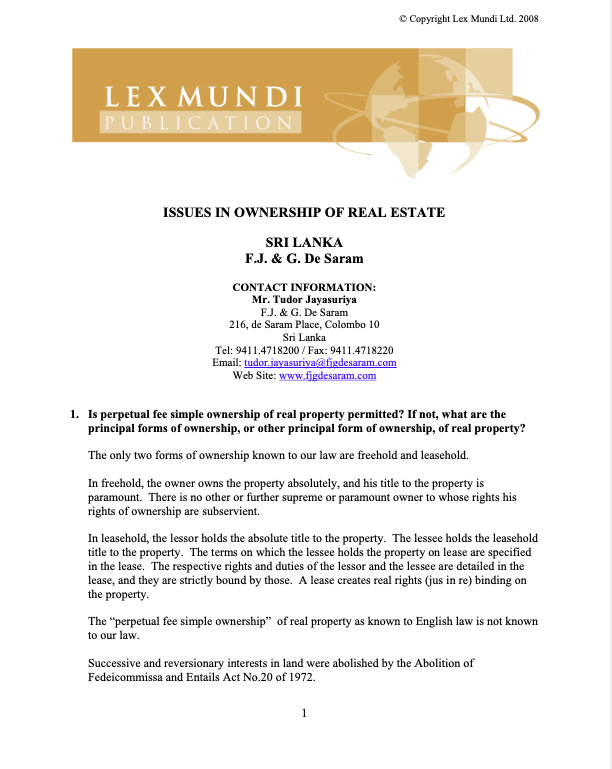Country Profile: Indonesia
This summary of Land Tenure and Property Rights (LTPR) issues in Indonesia is part of a series of LTPR Country Profiles produced by Associates in Rural Development, World Resources Institute and Rural Development Institute for USAID. The profile includes information on property rights and tenure concerning land, forests, freshwater, and minerals, as well as an aggregation of LTPR-related indicators. Options and opportunities for intervention by USAID are presented at the end of the profile, along with an extensive list of references for additional information.







